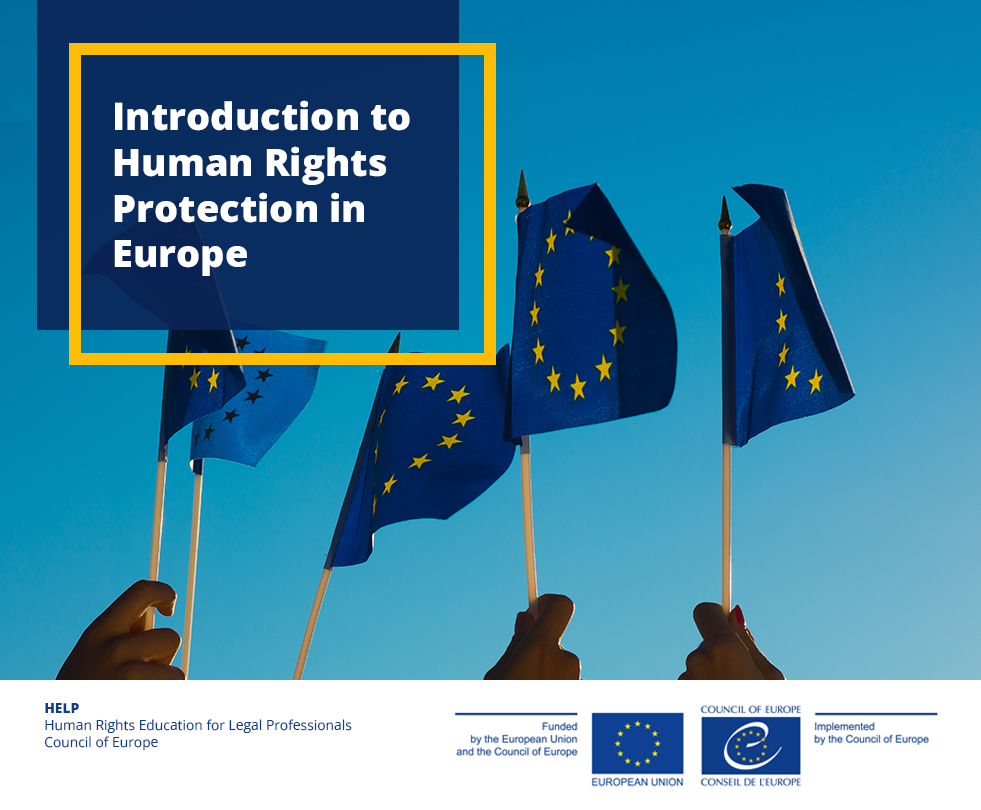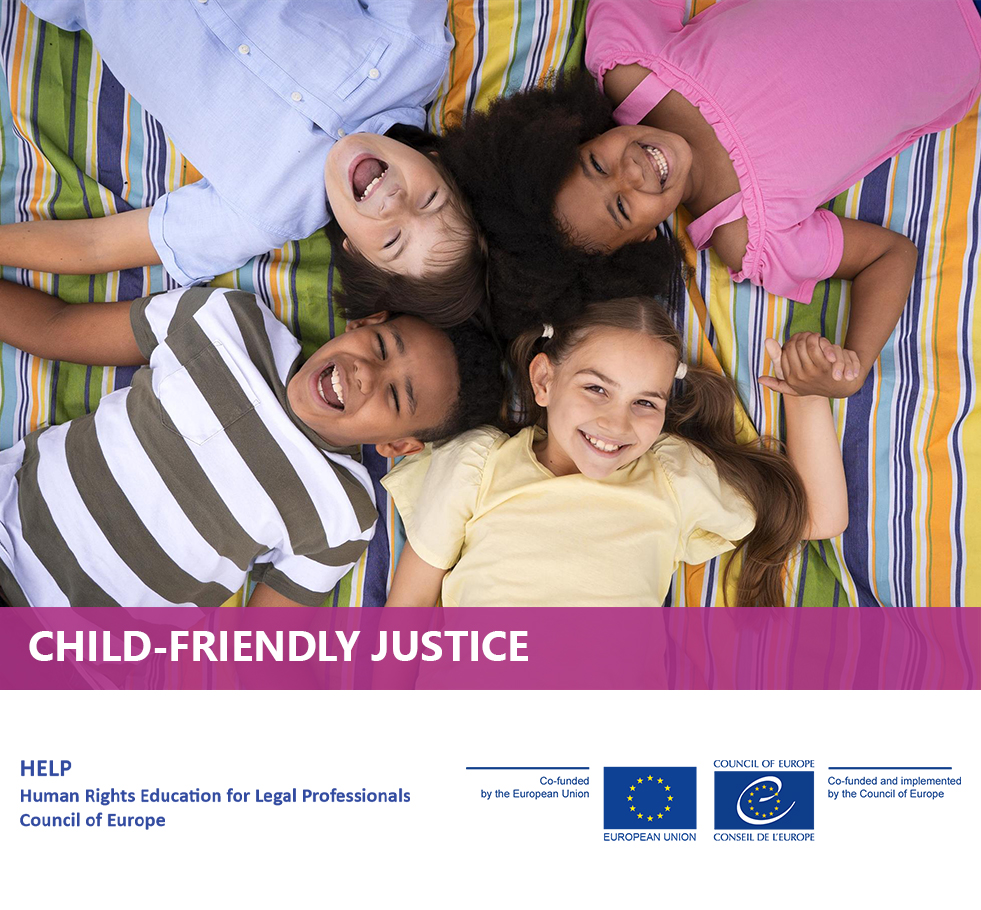Under the EU-Council of Europe “HELP in the EU” Project, over 70 judges, prosecutors and court staff from Romania, Lithuania and Poland met in Bucharest on 18 and 19 June 2019 for a seminar on data protection and the launch of the recently updated HELP course.
The seminar was organised by the National Institute of Magistracy in Bucharest, as partner of the Council of Europe in the EU-CoE HELP in the EU Project. Alongside current challenges in the field of data protection, the programme included sessions on European case law (from the European Court of Human Rights (ECtHR) and the Court of Justice of the EU) and the relevant European framework. The participants got familiarised with the Human Rights Education for Legal Professionals (HELP) Programme of the Council of Europe and its HELP e-learning platform containing more than 30 online courses.
The Seminar started with opening speeches from Irina Cambrea, Deputy Director of the National Institute of Magistracy in Romania and Ana-Maria Telbis, EU-Council of Europe "HELP in the EU" Project Coordinator at the Council of Europe HELP Programme.
Peter Kimpian from the Data Protection Unit of the Council of Europe, presented the main standard setting work of the Council of Europe in the field of data protection, giving a thorough overview of the Council of Europe Convention 108 modernised. With the modernisation of the 1981 Convention 108, its original principles have been reaffirmed, some have been strengthened and some new safeguards have been laid down -they had to be applied to the new realities of the on-line world while new practices had led to the recognition of new principles in the field. The principles of transparency, proportionality, accountability, data minimisation, privacy by design, etc. are now acknowledged as key elements of the protection mechanism and have been integrated in the modernised instrument.
Ana-Maria Telbis, coordinator of the EU-Council of Europe project "HELP in the EU" presented the HELP Programme, the EU-Council of Europe "HELP in the EU" project and the HELP course on Labour Rights as Human Rights, as well as the HELP online course on Data Protection and Privacy Rights, which has been recently updated to incorporate the recent developments at both CoE and EU level (with the modernisation of the Convention 108 and the application of the GDPR) and the case law of the ECtHR and the CJEU.
The participants were also introduced to the national tutors who will accompany the groups in the implementation of the course for the following months, namely Stela Stoicescu, Roxana Rizoiu and Corina Voicu (Romania), as well as Monika Brzozowska-Pasieka (Poland). The group from Lithuania will meet their tutors, Jolanta Samuolyte and Natalija Bitiukova in a separate meeting in Vilnius. The participants also had the possibility to share their expectations from the course and showed high motivation to contribute to the exchange of ideas and opinions on the online course pages opened for them. The participants who successfully complete the course launched under the joint EU-Council of Europe project will receive HELP certificates issued by the Council of Europe.
The second day started with a comprehensive overview of the European Court of Humamn Rights case-law on data protection, given by Ramona Toma, senior lawyer at the Research Division of the Registry of the European Court of Human Rights. She explained the Court’s reasoning in several landmark cases and provided a thorough classification of the types of cases in which the European Court of Human Rights had to address the issue of data protection and privacy.
Alexandros Ioannis Kargopoulos, Seconded National Expert at the Research and Data Unit of the European Union Fundamental Rights Agency (FRA), explained the work carried out at EU level concerning data protection and privacy, the different instruments which frame it and the most relevant case law of the CJEU, along with the tools and resources made available to legal professionals. He also made a parallel overview of the different EU instruments applicable and their synergies with the Council of Europe instruments. The FRA also provided to participants copies of the 2018 edition of the Handbook on Data Protection Law, which was developed by the FRA together with the ECtHR and provides an overview of the EU’s and the Council of Europe applicable legal frameworks.
Matteo Lucchetti from the Cybercrime Division of the Council of Europe Office in Bucharest explained the data protection dimension in the fight against cybercrime and the work carried out in this respect at the Council of Europe level, focusing on the challenges related to the considerable impact of the internet developments on the international framework.
The updated version of the HELP course on Data Protection and Privacy Rights will be soon available to any legal professional interested in the topic, in the self-learning part of the HELP e-learning platform, in English, as well as in Lithuanian, Polish and Romanian.





